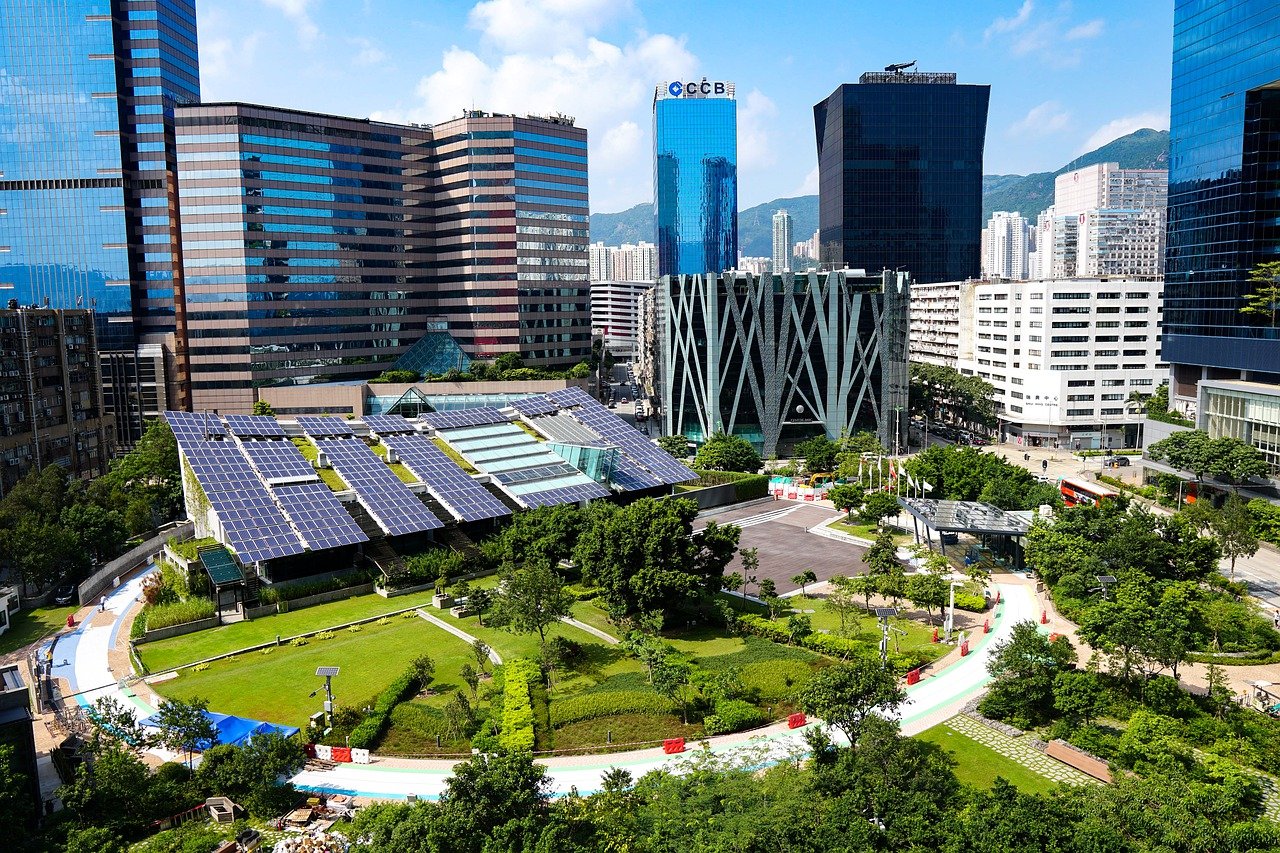
ΑΙhub.org
Smart cities and AI

More than 68% of the world’s population live in highly densely built cities. Those cities are not only causing high emissions and urban heat island impacts on the environment, they are also the most vulnerable areas for the impacts of climate change. Thus, immediate climate adaptation of cities is necessary.
AI-based methods not only allow us to automatize observations and make future predictions about the climate change related indicators of cities, they also help us to understand those indicators better by using explainable AI techniques. In this lecture, you will see a brief introduction to our studies in this field.
https://youtu.be/-iRTUMl9T_c
tags: Focus on sustainable cities and communities, Focus on UN SDGs

Beril Sirmacek
is an associate professor at Saxion University of Applied Sciences

Beril Sirmacek
is an associate professor at Saxion University of Applied Sciences
Related posts :
The Good Robot podcast: what makes a drone “good”? with Beryl Pong
The Good Robot Podcast
20 Feb 2026
In this episode, Eleanor and Kerry talk to Beryl Pong about what it means to think about drones as “good” or “ethical” technologies.
Relational neurosymbolic Markov models
Lennert De Smet and Gabriele Venturato
19 Feb 2026
Relational neurosymbolic Markov models make deep sequential models logically consistent, intervenable and generalisable
AI enables a Who’s Who of brown bears in Alaska
EPFL
18 Feb 2026
A team of scientists from EPFL and Alaska Pacific University has developed an AI program that can recognize individual bears in the wild, despite the substantial changes that occur in their appearance over the summer season.
Learning to see the physical world: an interview with Jiajun Wu
AI Matters and Ella Scallan
17 Feb 2026
Winner of the 2019 AAAI / ACM SIGAI dissertation award tells us about his current research.
3 Questions: Using AI to help Olympic skaters land a quint
MIT News
16 Feb 2026
Researchers are applying AI technologies to help figure skaters improve. They also have thoughts on whether five-rotation jumps are humanly possible.
AAAI presidential panel – AI and sustainability
Lucy Smith
13 Feb 2026
Watch the next discussion based on sustainability, one of the topics covered in the AAAI Future of AI Research report.
How can robots acquire skills through interactions with the physical world? An interview with Jiaheng Hu
Lucy Smith
12 Feb 2026
Find out more about work published at the Conference on Robot Learning (CoRL).
From Visual Question Answering to multimodal learning: an interview with Aishwarya Agrawal
AI Matters and Ella Scallan
11 Feb 2026
We hear from Aishwarya about research that received a 2019 AAAI / ACM SIGAI Doctoral Dissertation Award honourable mention.








